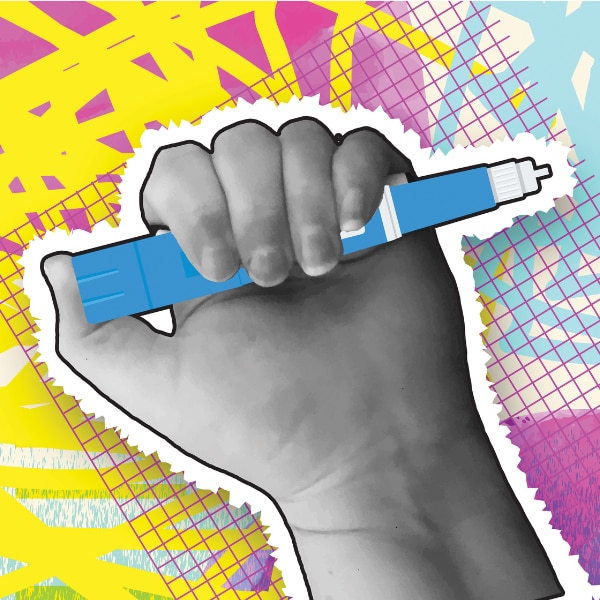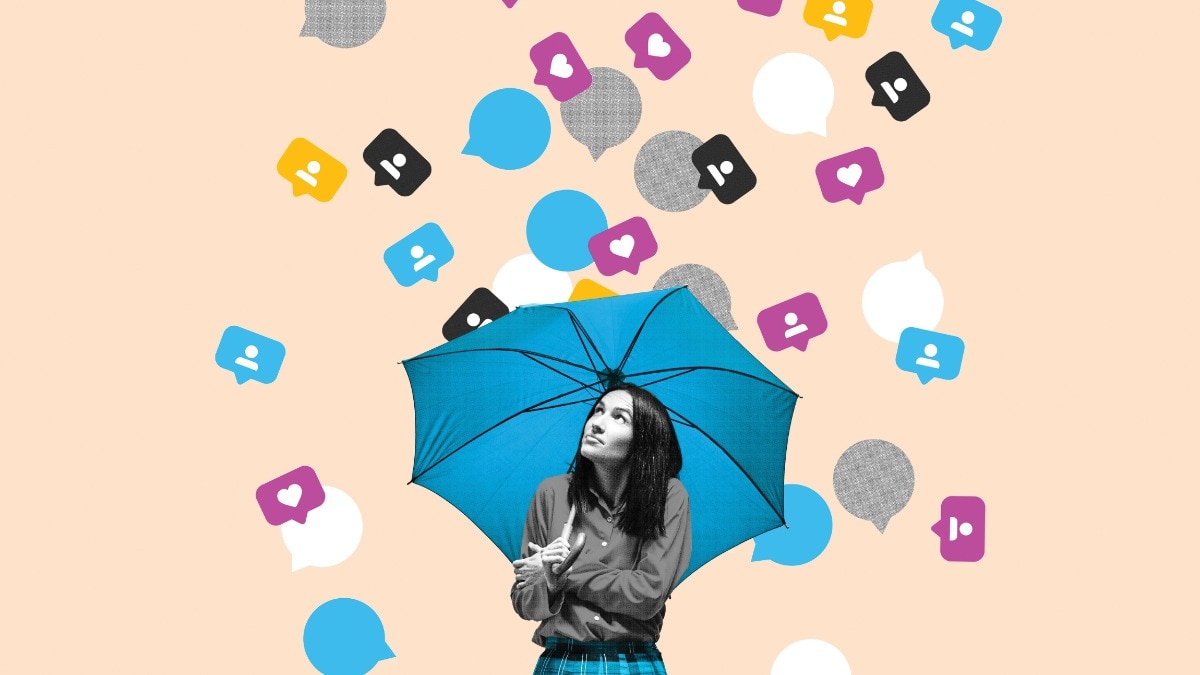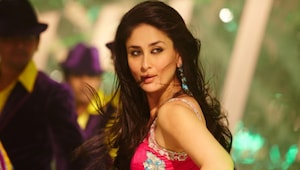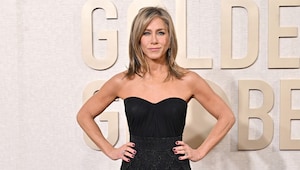
Is social media making you unwell?
The endless pit of too much information and too little credibility raises concerns for mental and physical health, with women becoming uniquely impacted. But, it’s not too late to reclaim your feed.

What’s your feed feeding you these days? I asked a friend during our once-a-week phone call session. She laughed, and simply said: “Ask yourself. You are your algorithm!” It’s a witticism as valid as it is meme-worthy. I have replaced my morning chai with vanilla matcha. Given up my gym membership for Pilates classes I can’t afford. The AI bot that inhabits my phone calculates my calorie deficit and urges me to consider Greek yoghurt as a “serious snack.” And, I just lost my android haughtiness to the latest iPhone. The joke, indeed, is on me.
I may have been influenced, but it is not as simple. In 2024, “Brain Rot” was named the Oxford Word of the Year, defined as “the supposed deterioration of a person’s mental or intellectual state, especially viewed as the result of overconsumption of material (now particularly online content) considered to be trivial or unchallenging.” Much has been written about the almost obsessive, hyper-habitual churn of scrolling, undermining the idea of “breaking news,” challenging what entertainment means, with unpopular political views the death knell of an internet personality, and a wedding proposal in front of the Eiffel Tower, a sacred rite of passage.
But who am I to comment? Especially considering my feed, full of fat-cutting tips, skincare hacks, zodiac memes, and cringe content that I fervently hate-watch with my partner. This is after I disabled push notifications and declared myself princess of perseverance for “resisting” content. All until I realised that I had been spending my precious weekends binge-watching Reels that my algorithm seemed to have specially curated for me. Like a Californian Pilates instructor who manages to drop her toddler to school, keep the pristine white tiles of her kitchen clean and always has outfit options for “Tuesday date nights with hubby”—all while looking like her hair is averse to the idea of flyaways. It’s a charmed life, and assumingly knowledgeable. Like a ‘celebrity’ nutritionist who tells me I must immediately trash the chia seeds I swear by or the relationship coach who can’t help but quote an 18th-century philosopher to help me discover my attachment style. Not everything is taken at face value, but the way each nugget of information impacts me and our collective behaviour, spending habits, and conversations, is so multi-layered that peeling each coat can be a complex exercise.
Conflicts and creations
Loosely termed as approval anxiety, the term can be dissected both ways—the desire to gain acceptance for the content one posts, and to be approved for the content we consume and consciously or subconsciously abide by. For creator Sakshi Sindwani—with a following of more than 709K on Instagram—the evolution of the space has created a mental conflict. She has long advocated for acceptance of a healthy body image while celebrating her own curves. And Instagram, she says, has offered her inspiration and entertainment, eventually becoming a stage for her art. Now, she sees the narrative shifting. “With the rise of skinny and of people over-posting their diets, new bodies and extreme transformation in a short time, it more often than not makes me feel a tad bit bad about myself, specifically on days where I feel like I have not been my productive best. However, I have been working on my self-love journey for a very long time, so it doesn’t affect me too much. But, I know women who have ended up opting for fad diets, extreme protein intakes, Mounjaro, Ozempic, and similar things for instant gratification,” she says, adding that she has also encountered creators who have shied away from talking about body positivity and from showing their “real selves” because of the changing landscape.
The gratification Sindwani talks about is a debate that found new impetus when tennis icon Serena Williams recently advertised weight-loss injections, the same that helped her lose 14kg. How can an athlete take a shortcut? The internet asked with indignation.
As a content creator who focuses on fitness and nutrition, Ravya Arora tries to sift between putting out content that is motivational and offers solutions to dietary concerns. As one of her posts goes: “The stricter you are, the harder you binge. That’s just how the brain works... What’s forbidden becomes irresistible. You don’t need another ‘perfect diet,’ you need something that doesn’t make you want to lose your mind by Friday. Sustainable eating doesn’t mean boring... it means possible. Possible to maintain. Possible to live with. Possible to not rebound every weekend.”
With almost 90k followers, Arora, who holds a degree in health and exercise sciences, says: “The irony of fitness culture online is that it promises strength and health, yet often leaves people feeling inadequate. The problem isn’t the content itself, it’s the lack of balance. We rarely see the rest days, the bloating, the injuries, or the tough moments. Without that reality, the picture is incomplete, and what we’re left with feels unattainable. Whenever I create content, I ask myself: ‘Am I truly adding value, or just adding to the noise?’ Because if fitness content makes people more anxious than inspired, then we’ve completely lost the point.”

How are you feeling?
To know how a diverse set of people feel about what social media offers, I asked on my personal Instagram: “Does your feed make you anxious? Do you get overwhelmed by health, fitness, and wellness content? Does motivation transcend into body image dysmorphia?” Many agreed to the fact that issues that revolve around appearance, weight, and eating bothered them the most. “We are being sold the illusion of deficiency. Every ad, every [brand] founder is telling you what you lack in protein, in collagen, in glow. This is manufactured insecurity,” came a reply from a hospitality entrepreneur in her mid 30s, who preferred to not be named, while a filmmaker, on the same condition and in her mid 20s, also expressed exasperation: “It feels like no matter how much you do and take care of yourself, there’s someone doing it better, more effectively and efficiently.” A childhood friend also responded instantly: “Gut cleanse, hormone balance, pumpkin seeds, tongue scraping. I can’t anymore... body image feels fine, but the wellness stuff is messing with me,” she said, echoing another friend who added: “I don’t get anxious, I don’t get bothered. But, I just can’t stand it when those without a medical degree or non-nutritionists try to convince me to buy a supplement.”
Wellness seems to be on a slippery slope online. Ananya Bhandare, health coach and founder of superfood snack brand Jungly Delights, explains it well. “What we tend to see on our feeds is the most perfect projection of people’s lives, and not an actual depiction of reality. It often leads to disappointment or the feeling that you’re not doing enough. The same is true for wellness content on Insta, and I think the “what I eat in a day” videos are the perfect example of this. Most of them seem so unrealistic and borderline unhealthy to me (how do people eat such little food in a day?). I wonder how people can put that content out,” she says, adding: “As a health coach, I can decipher what might actually be healthy and what’s misleading, but most people can’t. And that’s dangerous. There are so many extreme claims on Instagram because that’s what drives likes and works on the algorithm, so content creators have resorted to putting that out. But as consumers of content, we need to be really careful about the accounts we follow and the content we consume.

Instagram has strict content recommendation guidelines. It disclaims on its website that there are four categories of content that are allowed on its platforms, but may not be eligible for recommendations. Among them is a category called “Sensitive or low-quality content about Health or Finance”. The details include: “Content that promotes or depicts cosmetic procedures…containing exaggerated health claims, such as miracle cures. Content attempting to sell products or services based on health-related claims, such as promoting a supplement to help a person lose weight.” While these recommendations are aimed at building a community, and help users find like-minded people and relevant products, the content scape currently is in an evident flux.
Healthy dynamics
In her book, Dopamine Nation: Finding Balance in the Age of Indulgence (2021), renowned American psychiatrist Anna Lembke succinctly explains the social media landscape today: “The smartphone is the modern-day, hypodermic needle, delivering digital dopamine 24/7 for a wired generation.” There are many other works that underline the addictive quality of being online and content consumption, and also of how the space uniquely impacts women. According to a survey published in November 2024 by Boston University’s College of Communication, social media has an adverse effect on the gender in three key categories: Body perception, lifestyle, and self-esteem. While the universe for the survey was American, there are many other studies pointing towards the same worrying trend across the globe.

For many, content is now business. Be it for creation or marketing what they create. It’s also a curated exercise in brand-building and creating an image of the self that is the closest to what one would like to portray to the world. However, disconnecting, taking breaks may be the need of the hour, apart from a stronger policy change that holds social media platforms accountable, along with those who post on them. “Comparison is the thief of joy, and I try to immediately restrict the content pieces that disturb me. I automatically disconnect, and I feel keeping timers on social media apps really helps; otherwise, you’re endlessly scrolling and wasting your time,” says digital creator Prableen Kaur Bhomrah, who has a following of 574k on Instagram, and is honest about her struggles with skin concerns and body image. “I get tons of DMs and messages saying they (followers) are seeing celebrities and comparing themselves and feeling unworthy and not confident. In such times, we need to re-evaluate and remind ourselves that it’s just a picture-perfect version that everyone’s showing. Internally, everyone has a different story,” she adds.
Think of social media as a revolving door with no exit in sight—so, a pause might be in order. As Bhandare puts it: “I’ve found muting and unfollowing some accounts has been beneficial, and I try to follow accounts that have more of a positive outlook instead of a fearmongering approach. I also often take Instagram detoxes and love how they make me feel. I believe it’s about striking the right balance.”
All images: Getty Images and Shutterstock
This article first appeared in Cosmopolitan India's September-October 2025 print edition.
Also read: The internet isn’t fun anymore—and here's what broke it
Also read: Yes, you can love your friends and still mute them on social media
more from Life

NAAR and Quintonil: Bringing a taste of Mexico to the Himalayas

This Worli café is all about comfort, caffeine, and slow sips

Elie Saab brings couture-inspired luxury residences to India

Not a drill: the plot of the third 'Game Changers' book about Ilya and Shane just dropped!

What we know about 'The Drama', the Zendaya–Robert Pattinson film that’s keeping its cards close

Sorry, not sorry—over-apologising is holding you back and here’s how to fix it

The 75 hotter fitness challenge proves you don’t need burnout to build better habits

Inside the high-street sound machine: What Zara and H&M playlists are really doing to your brain

Can “friendfluence” save dating?

These five chic haircuts make thin hair look thicker and fuller
